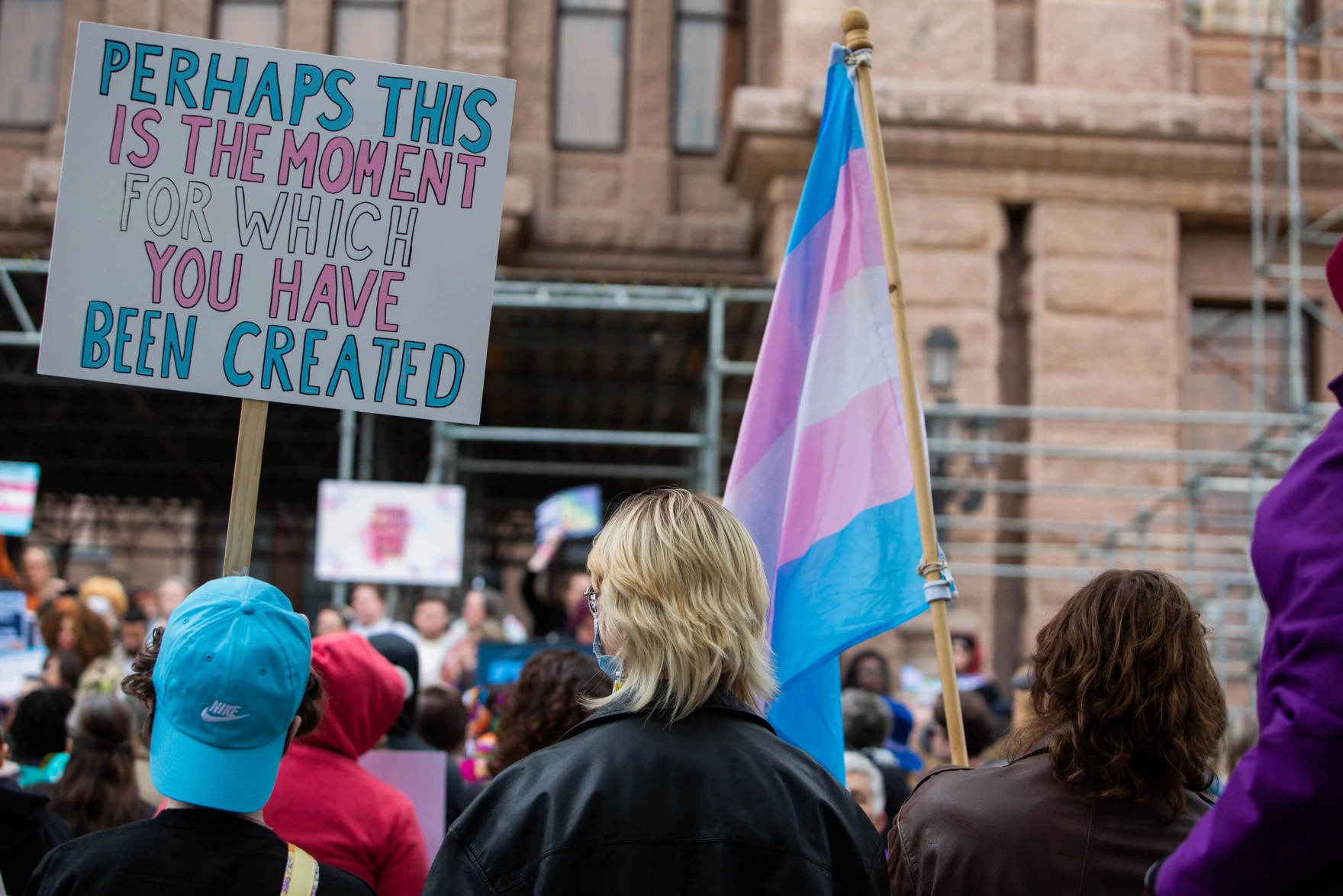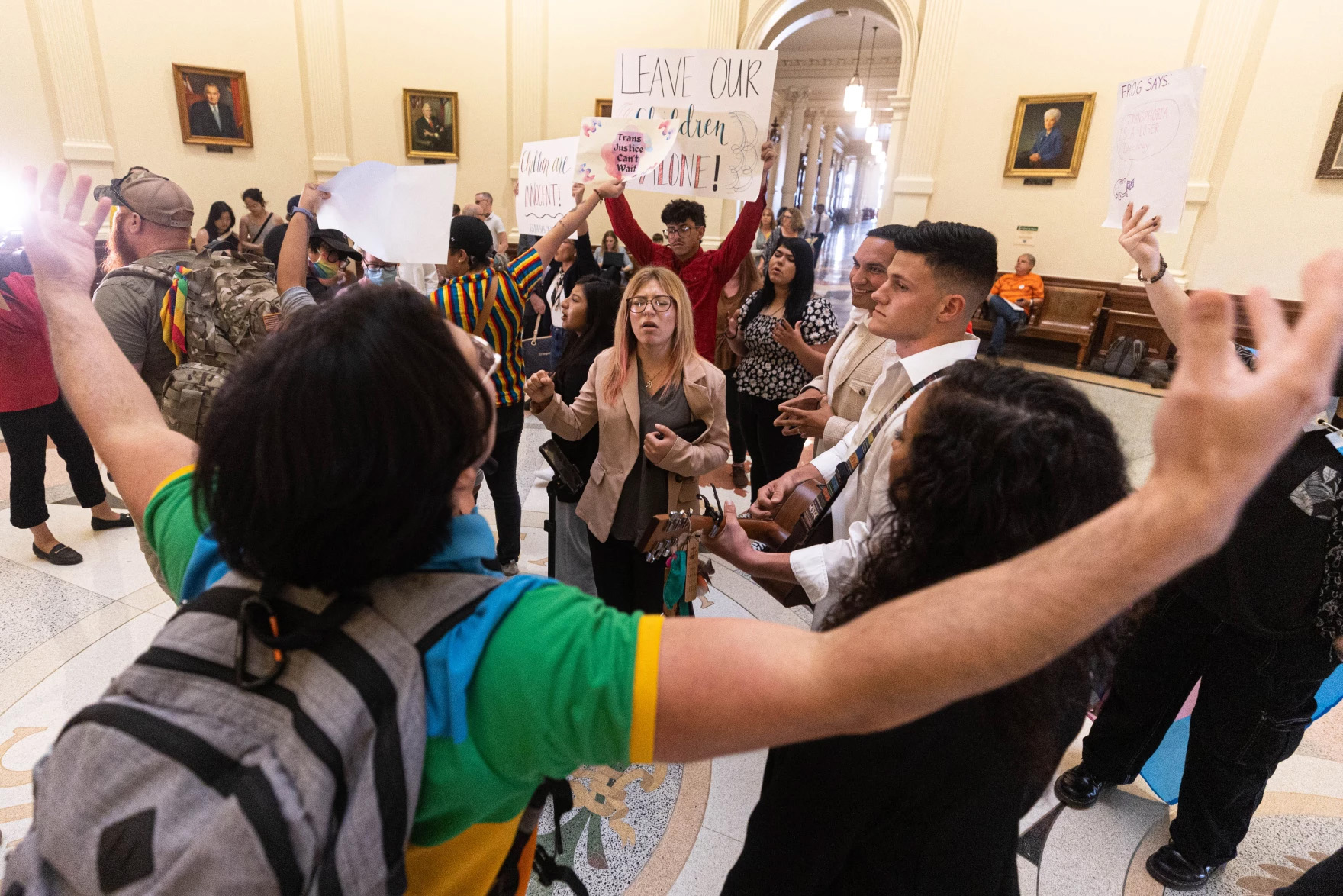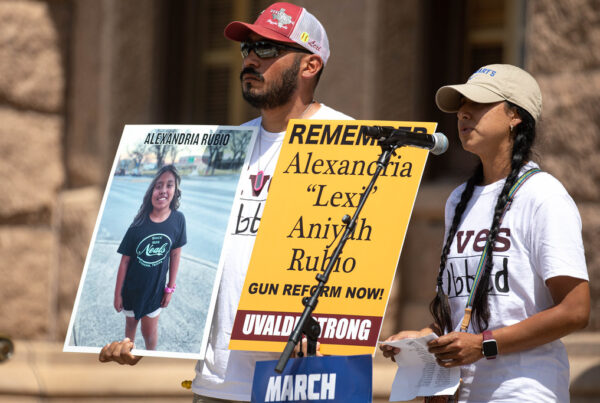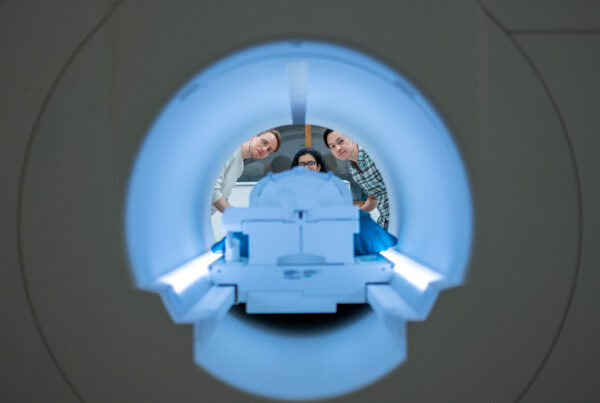From KERA:
Last fall, 16-year-old Corbin began looking into moving out of North Texas, where he lives with his father, Eric.
We’re not using their full names in the story because they feel unsafe given the current climate for trans youth and their families.
At the time, Texas state agencies were in the midst of investigating the families of trans youth.
Seven months later, Corbin’s still making plans.
“Me and my friend groups, we’re getting ready as much as we can,” he said. “It’s a difficult, long process to figure out what you want to do.
“Because it’s not safe enough to stay, but we don’t want to give them what they want.”
He’s talking about Texas lawmakers, who turned last year’s questions and lawsuits into proposed legislation this year—Senate Bill 14 and its House companion bill, HB 1686, would ban gender-affirming care practices for Texans under 18.
They would also revoke the medical licenses of anyone providing this care—such as surgeries, hormone therapy and puberty blockers. Gender-confirmation surgeries typically occur when patients are adults, and on a case-by-case basis in young adulthood.
Gender-affirming care, according to the U.S. Health and Human Services Office of Population Affairs, can include medical interventions and non-medical interventions, like affirming someone’s name and pronouns.
These practices are widely endorsed by major medical associations like the American Psychological Association and American Medical Association. Gender-affirming health care and transition-related care have years of research outlining their importance in supporting the health and well-being of trans and gender non-conforming people.
Sen. Donna Campbell, R-New Braunfels, is one of the authors of SB 14 and first discussed the bill during a committee meeting in March. She said the bill is about “protecting children.”
“If a profession cannot regulate itself, and see where they are causing harm,” Campbell said, “somebody needs to step in there.”
















